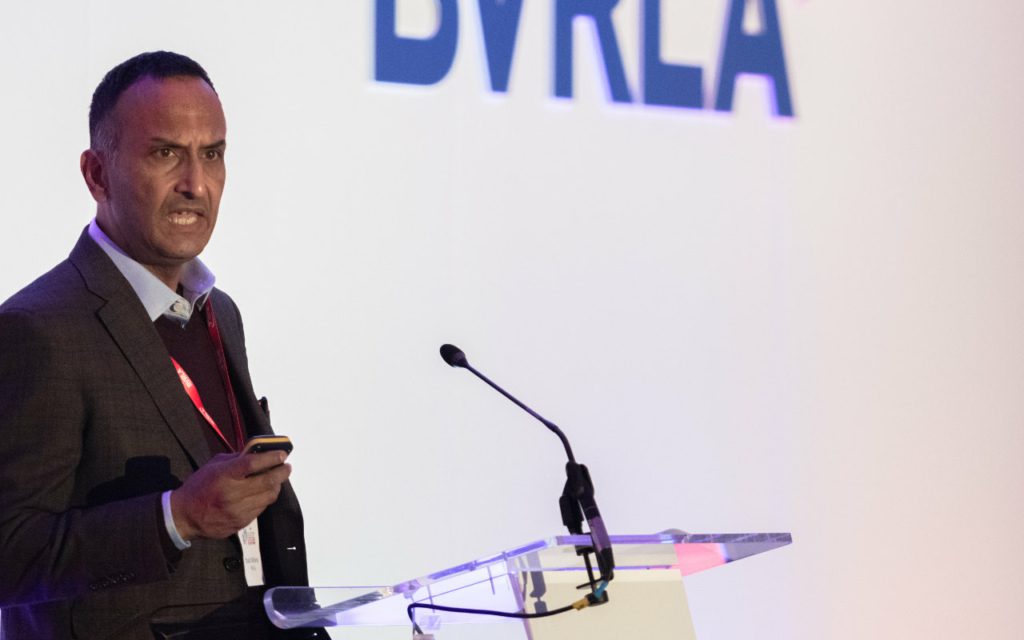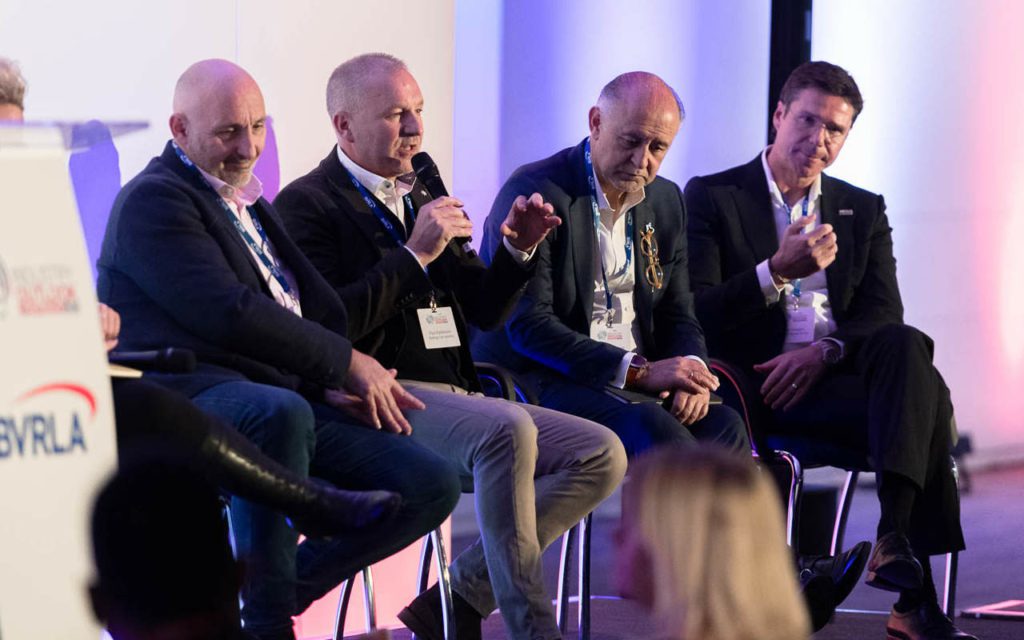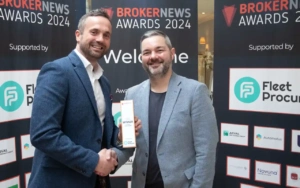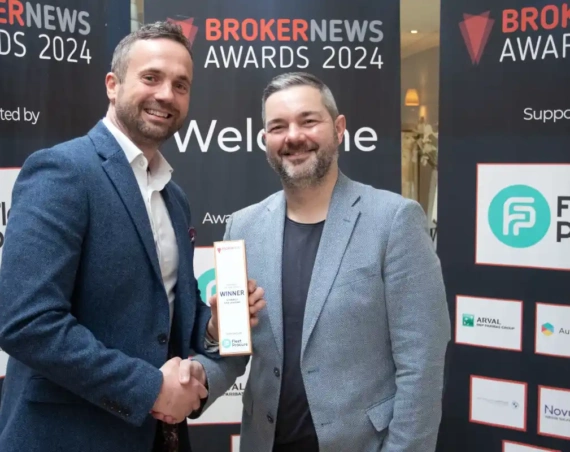1: The outlook for 2024 is positive
Results from the latest BVRLA Industry Outlook Report present a positive outlook for virtually all key business metrics versus the same time last year.
Supply of new cars and vans are both expected to increase next year, with 43% of respondents expecting car supply to be back to pre-Covid levels by the end of 2024. Hand in hand with supply returning, BVRLA members anticipate better demand in the new year too, across consumer and business sectors.
That optimism towards demand is replicated when looking at the prospects of products and services. Personal Contract Hire (PCH), and Business Contract Hire (BCH) – for cars and vans – are both expected to be stronger in 2024 than they were in 2023. Confidence is shown across all markets, with rental, subscriptions, salary sacrifice, and car clubs expected to have a better year too.
The findings echo what Rod Lloyd, the new chair of the BVRLA Leasing Broker Committee, and chief executive officer at the lcv group, recently told us.

2: Expect more regulation not less
The Consumer Duty rules will be enforced for closed products and services on 31 July 2024 and the Financial Conduct Authority (FCA) has indicated that it may look to focus on online activity next year and assess whether the same rigour is applied to online customers.
Testing, assessing and understanding customer needs, and providing evidence of this should now be “business as usual”, according to Shashi Maharaj, director of legal and membership director at the BVRLA (pictured above).
However, for brokers feeling weighed down by the burden of compliance, he said: “Take comfort from the fact that the FCA and other regulators have talked about the principle of proportionality. They don’t expect you to do everything at once.”

3: Data could help the industry get ‘smarter’
Connected car data could allow the industry to get “smarter” about pricing and help bust myths about electric vehicles (EVs), which are deterring consumers, according to Ashley Barnett, head of fleet consultancy at Lex Autolease (pictured far right on the Leasing Outlook breakout session chaired by Broker News editor Ralph Morton).
For example, he pointed out that OEMs have battery health data, and sharing that could help address consumer’s concerns about used EVs.
Paul Parkinson, founder of Synergy Car Leasing, suggested that data could allow brokers and leasecos to understand where a vehicle is up to in its life and help with customer retention.
He said that it could help answer questions such as whether the asset had “burnt all of the SMR budget?” In which case, “could we offer the customer incentive to come out of that contract? Could we get a bit smarter in the way that we communicate with the user of the vehicle?”

4. The car industry will do better than other sectors
David Smith, economics editor of the Sunday Times (above), said that the car industry is one sector which will do better than others in 2024.
“The car industry has recovered quite strongly now in terms of production and registrations so I think this will be one of those sectors which does better than the average, having had a tough time over the past couple of years,” he said.
Showing an image of the Prime Minister Rishi Sunak and Chancellor of the Exchequer Jeremy Hunt when Government support for Nissan in Sunderland for electric vehicles was announced, he added: “I think, perhaps belatedly, the government has switched on to the idea that your sector is an important one to support, suddenly realised that neglect wasn’t doing the sector any good.”

5. How to cope with work stress
Senior leaders taking part in the 2024 Industry Outlook panel shared how they cope with stress.
Their answers included “worrying about the things you can affect” (Scott Jenkins of Autohorn), having “open, effective communication channels” (Gareth Jones, Radius Vehicle Solutions) and “conscious breathing while focusing on the now” (Paul Parkinson, above).
Paul has since written on LinkedIn that the “power of walking” is his number one stress buster. He said that he began walking 35 minutes to and from the office each day instead of driving in 2019 and said it helped him lose weight, sleep better and have more mental capacity at both ends of the day.

Broker News Awards 2024 – the winners
The Broker News Awards 2024 – supported by Fleet Procure – produced outstanding winners, with Synergy taking the Broker of the Year title

Broker News Newsletter 24 April 2024
Catch up on the latest leasing broker news in the 24 April 2024 Broker News newsletter

Leasing broker fleet down, but BCH is rising: analysis of BVRLA broker survey H2 2023
Analysis of the BVRLA leasing broker survey for H2 2023 shows the broker fleet is down, but BCH is on the rise

Novuna Vehicle Solutions and Select Lease by Mobilize add support to the Broker News Awards
Novuna Vehicle Solutions and Select Lease by Mobilize add support to the Broker News Awards 2024, which takes place in London on 25 April

Guest list for the Broker News Awards 2024
The guest list for the Broker News Awards 2024 contains a great list of the 85 leasing brokers, funders, suppliers and OEMs attending

Leasys UK now offers comprehensive short term rental service
Leasys UK announces a comprehensive short-term rental service. Customers can choose from a diverse range of vehicles

Sarah Tooze has been an automotive journalist for more than 15 years, specialising in the fleet and transport sectors. She has held senior positions at industry-leading B2B titles Fleet News and Smart Transport, and led campaigns championing motorists as consumer editor for online used car marketplace Heycar and motoring advice website HonestJohn.co.uk. In 2017 she won the Newspress Automotive Business Journalist award.



